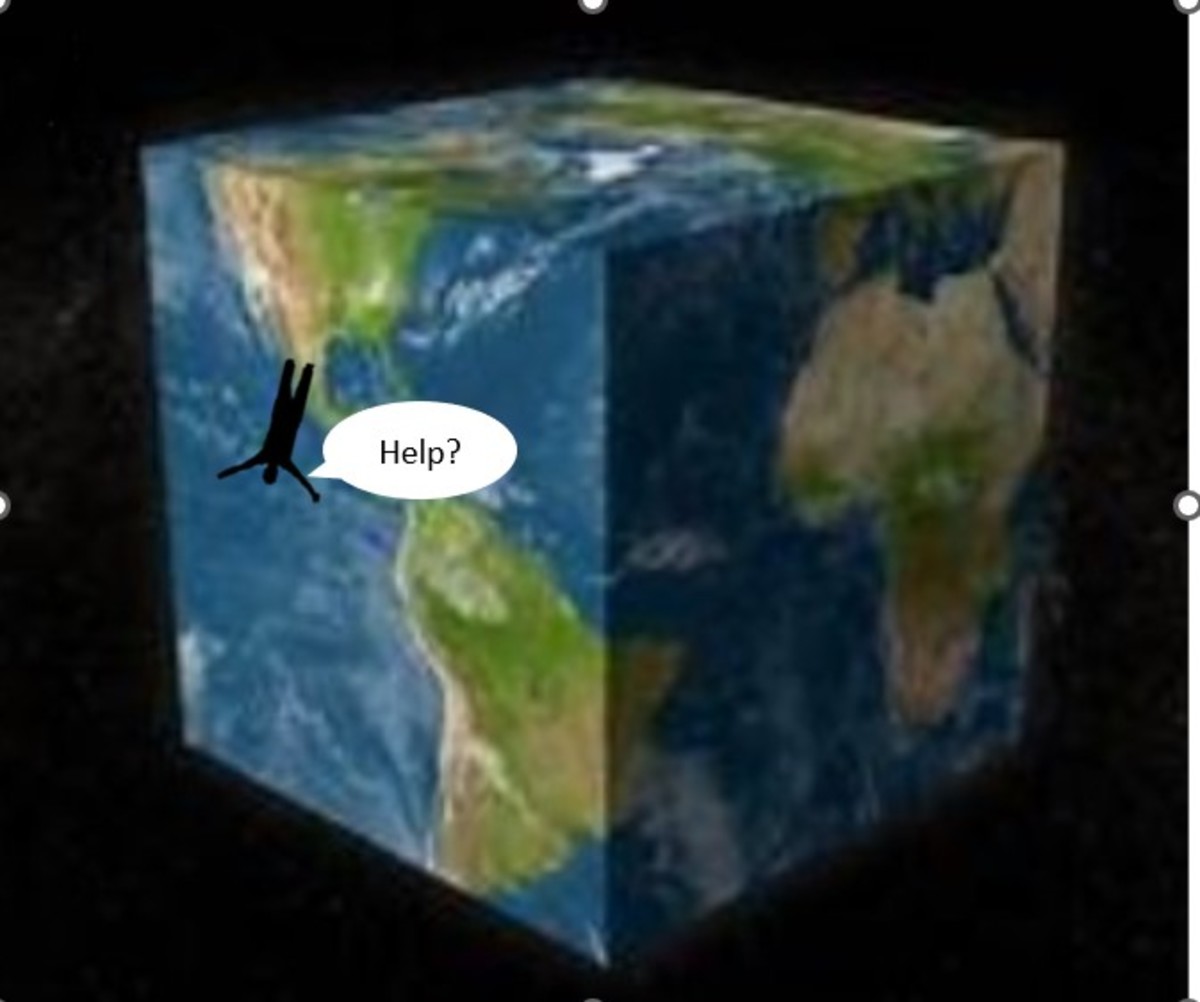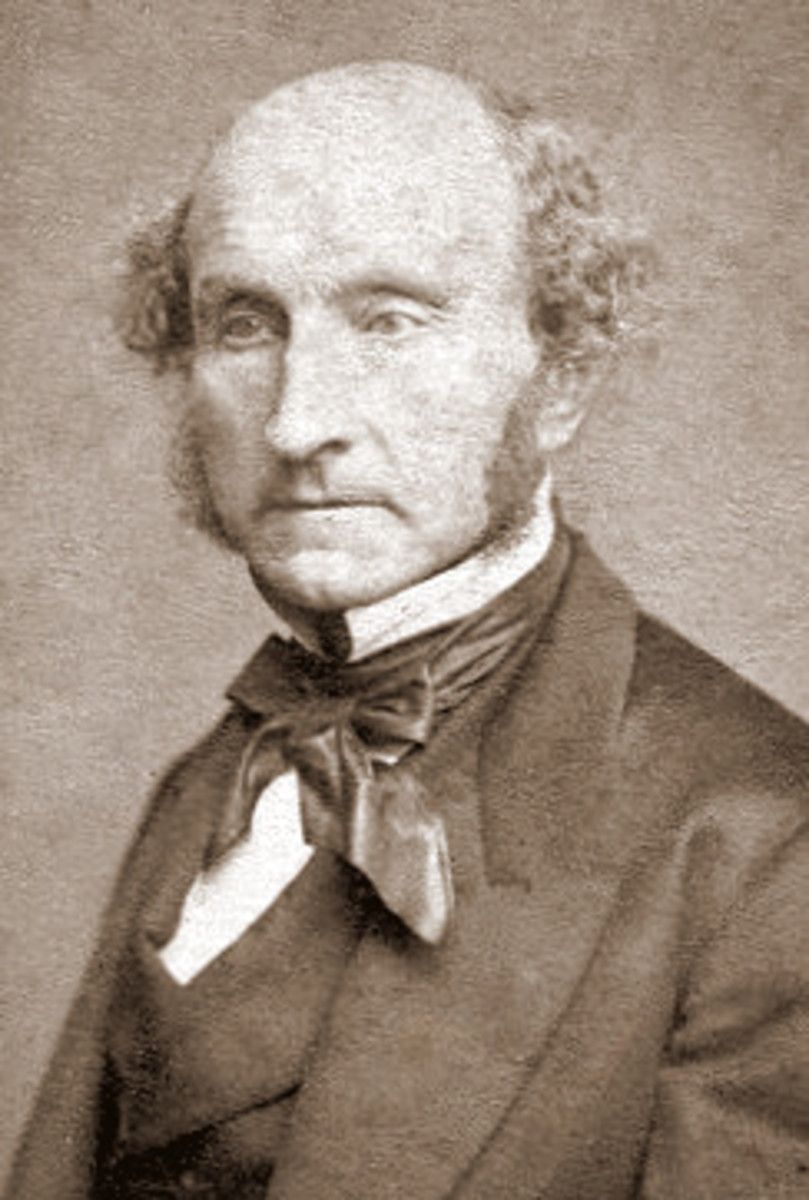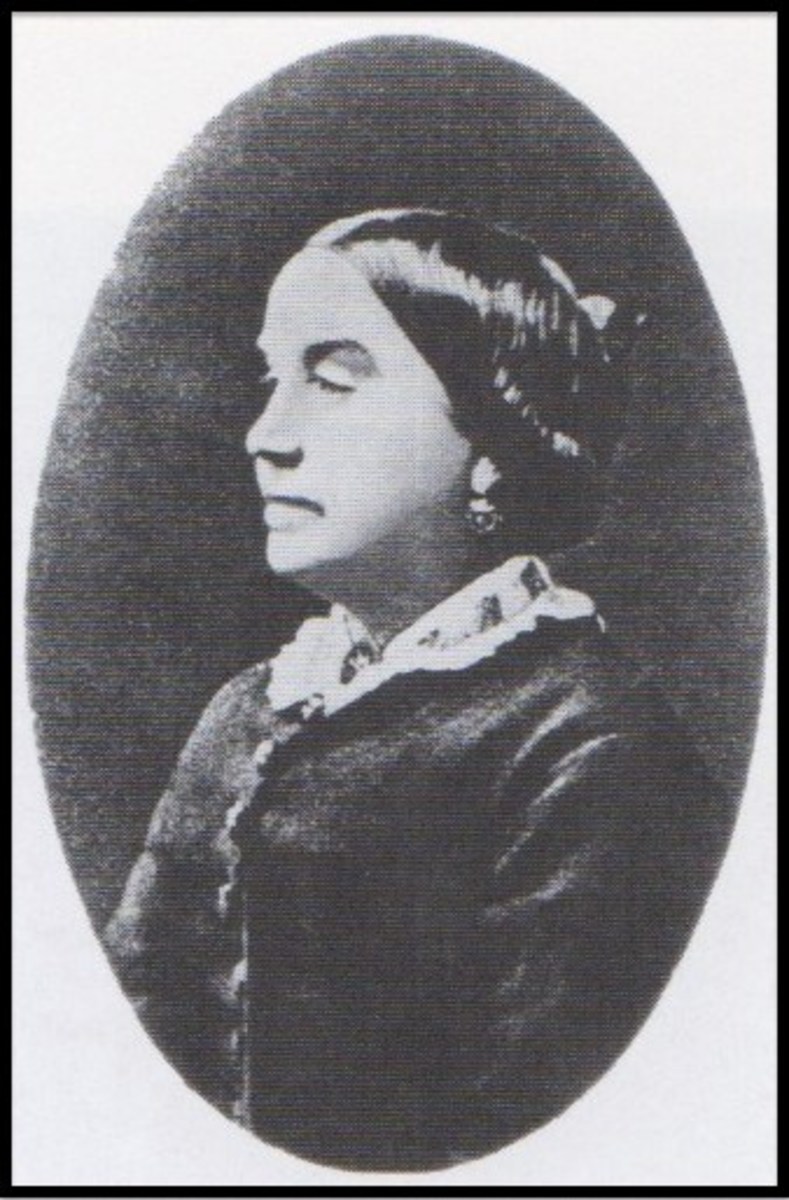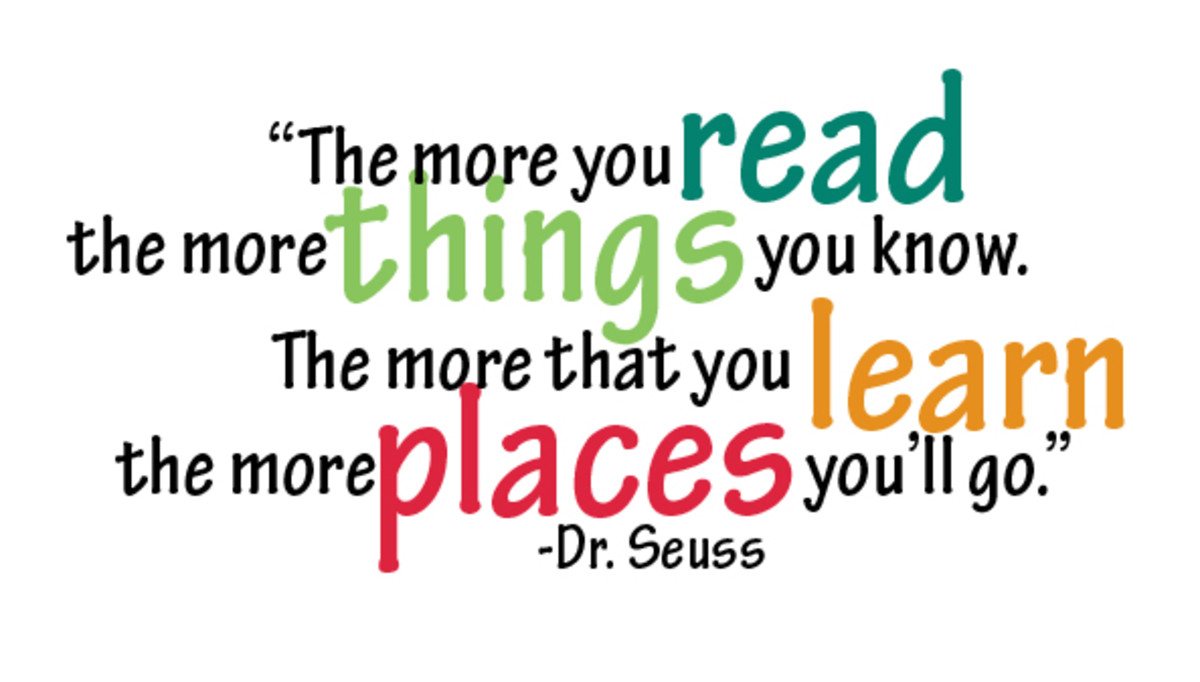Do We, Naturally, Have Rights?
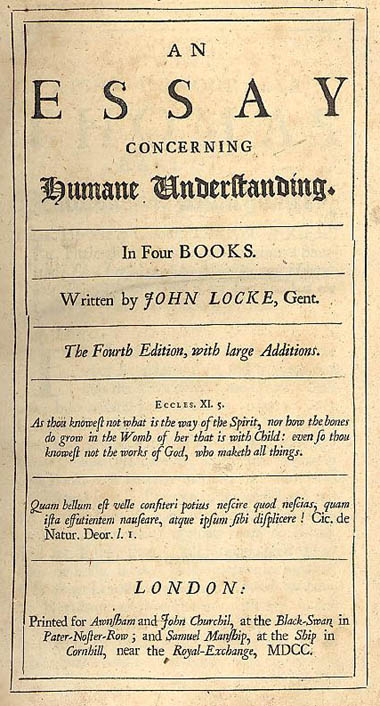
Natural Rights
For the notion of rights to be meaningful, it needs a basis. That's what the natural rights philosophers argued. The key characteristics of rights are as follows:
They must be
- Natural
- Inalienable
- Universal
- Inviolable
- Eternal
The view that rights are natural is now an outdated one since it evolved into the theory of human rights and later to legal rights. This is because the view that rights are natural, that they exist independently of human beings and are a true concept, has many issues. We'll go into these later in the article.
Natural rights are usually thought of in conjunction with religion. It is the most common belief that rights are given to us by God and so we are born with them, we always have them, and everyone has them no matter what the circumstances may be.
Philosopher John Locke was a believer in natural rights, claiming that everyone had the fundamental right to life, liberty and property. This view developed from his thought experiment of the state of nature. Two other philosophers, Thomas Hobbes and Jean-Jacques Rousseau also used the same thought experiment but came to different conclusions about human nature.
Four Theories of Natural Rights
There are four ways in which natural rights are considered and four ways in which they can be criticised. I'm only going into two, so here's the list of four which you can use to research if you wish.
-
Theological
-
Anthropological
-
Psychological
-
Universal
Issues with Natural Rights
- We need to understand where rights come from, they can't just appear from nowhere. One perspective, as we've briefly considered with Locke, is that these rights are God given. This is the theological perspective of natural rights.
Issue: The issue here is that God is transcendent, not a part of the natural world, so it is possible to argue that these rights aren't technically even part of the natural world at all! Moreover, different cultures have different gods, which means they have different concepts of rights, which immediately breaks the rule of universality which is one of the key characteristics of a natural right. Without this characteristic, it ceases to be a natural right any more. This perspective of natural rights doesn't even meet its own criteria!
- Another issue presented in the concept of natural rights is that from the anthropological perspective. Many philosophers try to determine our human nature by imagining life in the state of nature - without law or government - in order to discover what natural rights we have.
Issue: There never, in history, has been a state of nature, it is simply a thought experiment, so any rights that become apparent in this context can't be deemed relevant to our current lifestyle. It can be argued that our natural state is one of sociological influence and law. Aristotle claimed that we are in nature political beings. It would make much more sense to develop the idea of natural rights in the context of the way we live now and the way we have always known which, incidentally, is actually a legal context. And anyway, even if we do determine our natural rights by using a thought experiment of the state of nature, we're doing so using our own rationality, meaning we've created the concept ourselves, meaning rights is a man-made concept after all!
Rights are...

Jeremy Bentham
Jeremy Bentham described the notion of natural rights as
'nonsense on stilts'.
Which is perhaps my favourite quote of all time!
Natural rights are completely useless without the law in place to enforce them. Without specific, legal establishments, natural rights are just vague and ambiguous statements that hold no meaning. Bentham recognised (as a utilitarian) that rights are essential to promote utility within a society, and that's why he promoted legal rights, we need law enforcement to protect the rights and create a happy state.
Andrew Brown writes an article in The Guardian claiming that natural or human rights cannot exist simply because there is no evidence for it. He argues: 'You might as well claim that the bible is true because the bible says it is true'.
And he has got a point. We only have a concept of rights because that concept has been drilled into us through propaganda, education and politics. We weren't born believing in rights!
Another issue with natural rights is that if they were indeed natural, animals would have them too. But they certainly don't appear to respect the rights of each other; animals prey on other animals to survive, that's part of nature, rights aren't.
So essentially...
Rights are a completely man-made and meaningless concept.
But that doesn't mean they aren't important for human well being and social cohesion, which is why we now have the concept of legal rights today.
But legal rights too present a range of issues in their nature and I'll go into these in another hub.
For now, what are your views on the concept of rights as natural?

